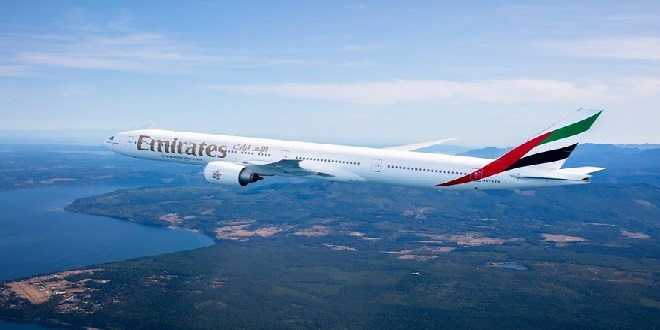
While people around the planet continue to grapple with the pandemic, there’s also a call to pause and reflect on another cause–Time for Nature, the theme of the United Nation’s World Environment Day on 5 June.

Emirates is active across industry and international efforts and is part of United for Wildlife, ROUTES (Reducing Opportunities for Unlawful Transport of Endangered Species), and the World Travel and Tourism Council (WTTC).

Emirates has zero-tolerance for carrying banned species, hunting trophies, or any products associated with illegal wildlife activities. The airline’s ground-handling team is trained in the International Air Transport Association’s Live Animal Regulations and its internal policies, and more than 2,500 airport services employees were trained last year to recognize and report suspicious cargo.
Emirates’ efforts in the areas of wildlife conservation are well known. The airline has been helping protect Australia’s extraordinary flora and fauna for over 10 years at Emirates Wolgan Valley, the conservation-based resort in New South Wales.
Reducing carbon emissions is central to Emirates’ environmental sustainability strategy, which is underpinned by its young, technologically advanced fleet with an average age of just 6.8 years. The airline’s comprehensive fuel efficiency program, which analyzes and implements ways to reduce unnecessary fuel burn and emissions wherever operationally feasible, delivered a 1.9% improvement in passenger fuel efficiency for the full year.
Emirates is committed to environmental stewardship and uses the power of collaboration, consensus, and change right along with its ecosystem – from framing internal policies to empowering employees and mandating standards with partners and vendors. Last year, the Emirates Group’s leadership team approved an updated Environmental Framework, and throughout the year, the airline took positive action, both big and small, to make impressive progress.








